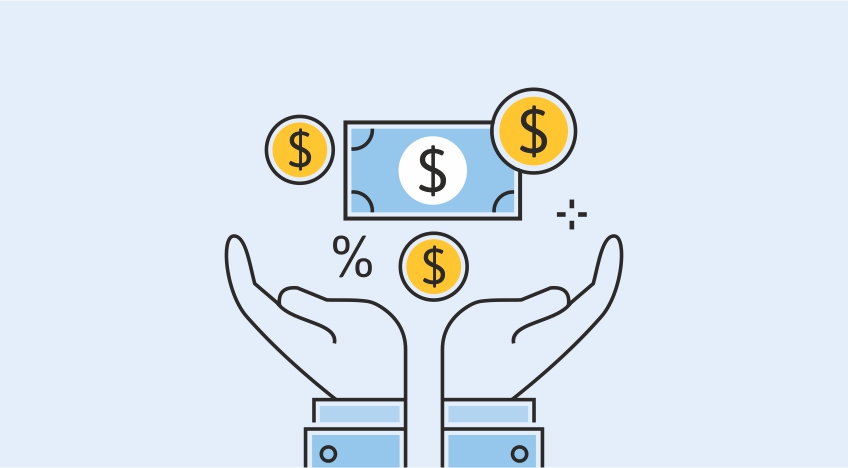Reports that you need to generate when you process payroll in Kenya
Running payroll in Kenya means considering employees’ allowances, statutory deductions, and the number of days one has worked.
The Kenyan Employment Act mandates employers to pay statutory fees to the relevant government bodies. Failure to remit these statutory deductions on time warrants a penalty such as a fine.
These are the reports you MUST generate while processing payroll in Kenya:
PAYE Report
PAYE stands for Pay As You Earn. This refers to a method of collecting tax from people in the formal sector of employment. Employers collect and remit their employees’ taxes to Kenya Revenue Authority (KRA) on every payday. Below is a table that shows the different tax rates for PAYE.
| Tax Bands | Annual | Monthly | Rates |
| On the first | Shs. 288,000 | Shs. 24,000 | 10% |
| On the next | Shs.100,000 | Shs. 8,333 | 25% |
| On all income in excess of | Shs. 388,000 | Shs. 32,332 | 30% |
NSSF
NSSF stands for National Social Security Fund. It was chartered in 1965 through the Act of Parliament Cap 258 of the Laws of Kenya. This Act mandates all Kenyan adults (18+ years) to contribute to the fund. It provides social security to employees in both the formal and informal sectors of the Kenyan financial system. Employees and employers are both required to participate in the fund. The least amount that both an employer and employee can contribute to NSSF is Ksh 200.
NHIF
This is the National Hospital Insurance Fund. This is a health cover that came into action in 2015. It was a bid for the Kenyan government to contribute towards universal health coverage in the provision of affordable, accessible, sustainable, and quality health insurance. Employees are required to contribute to NHIF between Ksh150 to Ksh1700 per month depending on the Gross pay.
NITA
NITA stands for National Industrial Training Authority. The Industrial Training Levy Fund was enacted by the government to enforce the collection of the training levy referred to as NITA Levy. For every employee, the employer needs to pay a monthly charge of Ksh 50. Failure to pay the training levy attracts a 5% penalty on the amount due. The employer needs to fill and submit a NITA Levy Form alongside the monies.
PERSONAL RELIEF
Personal relief is the amount deducted by a resident person from tax payable by him/her. It acts as a credit against a tax liability. Every resident individual is entitled to a personal relief of Kshs. 28,800 per annum (Kshs. 2,400 per month).
Crew HR& Payroll software provides a platform where employers can easily generate these reports; thus increasing efficiency and allowing ease of access. Even better, these reports are made using a duplicate template of what the statutory bodies use. So you don’t need to adjust or make changes.
Payroll software that can generate these important reports is a game-changer for any organization. Especially when these reports a built using the same template the same bodies use. Meaning, one does not need to make any changes to them.
Talk to us on 0714004596 to book a demo today.
